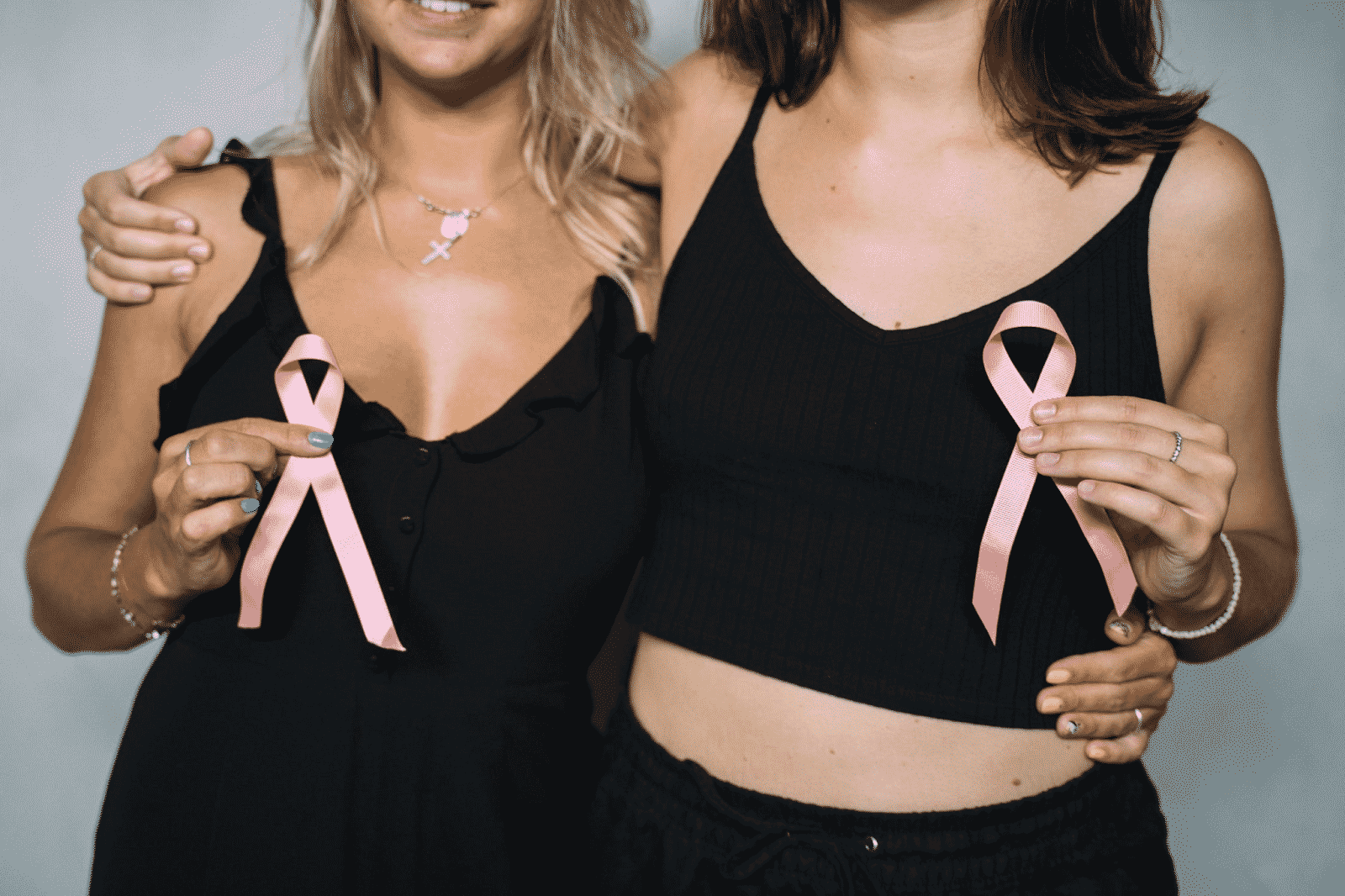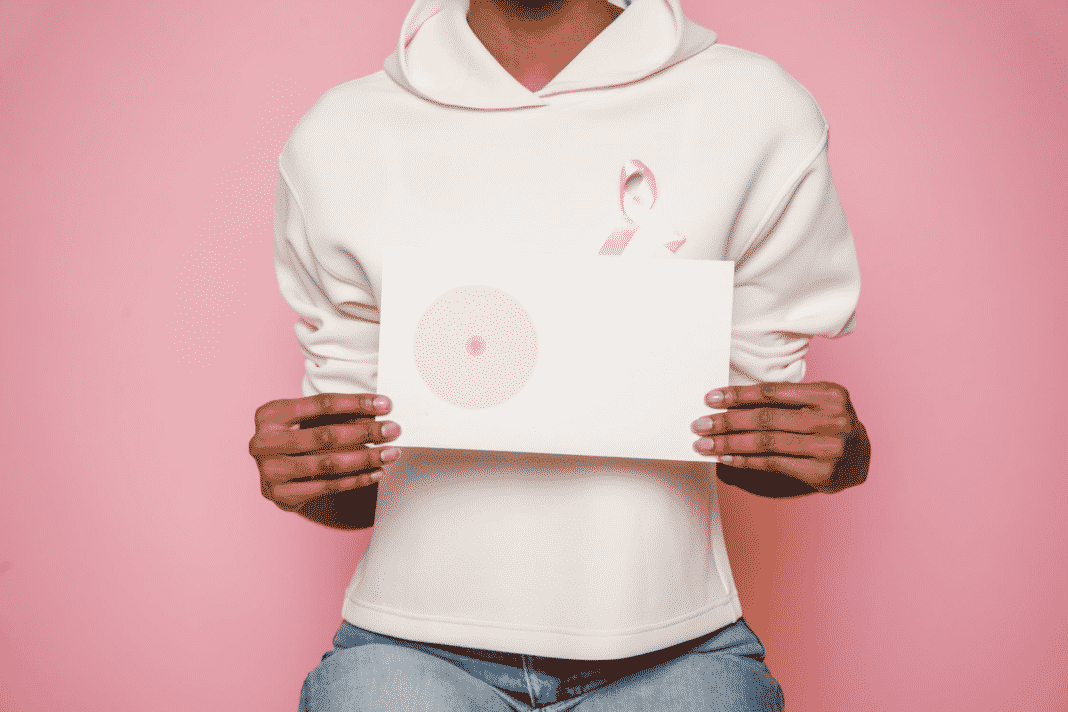If you have just been diagnosed with breast cancer, the first thing you should do is take a deep breath and relax. It’s okay to feel scared or overwhelmed, but remember that you are not alone. There are many people who can help you through this difficult time. In this blog post, we will discuss what you need to do after receiving a diagnosis of breast cancer.
1. What exactly is a breast cancer diagnosis?
A breast cancer diagnosis is a confirmation that someone has breast cancer after undergoing tests. This usually includes a biopsy, which is when a small sample of tissue is taken from the breast to be examined under a microscope. A doctor may also order other tests, such as an MRI or a PET scan, to get more information about the tumor.
Once someone has been diagnosed with breast cancer, the next step is to determine what type of cancer it is. There are two main types of breast cancer: hormone receptor-positive and triple-negative. Hormone receptor-positive cancers are those that have receptors for estrogen and/or progesterone on their cell surfaces. These hormones can cause cancer to grow. Triple-negative breast cancer does not have receptors for these hormones, and it tends to be more aggressive.
After the diagnosis, a doctor will recommend possible treatment and more frequently a breast cancer surgery to remove the tumor. Surgery is a very common treatment for breast cancer, and it can be performed in several different ways.
2. What to do after you are worried you might have breast cancer?
The first thing you should do if you’re worried that you have breast cancer is to see your doctor. Only a doctor can give you a definite diagnosis. Your doctor will likely perform a physical exam and order some tests, such as a mammogram or biopsy. A mammogram is an X-ray of the breasts that can help to detect tumors. A biopsy is when a small sample of tissue is taken from the breast and examined for cancer cells.
If your doctor suspects you have breast cancer, they will refer you to a specialist for further testing. It’s important to remember that not all breast lumps are cancerous. Most breast lumps are benign, which means they are not cancerous. However, it’s still important to have any changes in your breasts checked out by a doctor so that you can be sure.
If you are diagnosed with breast cancer, it can be a very frightening experience. But remember that you are not alone. There are many resources available to help you through this difficult time.
3. How is breast cancer treated?
Surgery is a very common treatment for breast cancer, and it can be performed in several different ways. The most common type of surgery is a lumpectomy, which is when the surgeon removes the tumor and a small margin of healthy tissue around it. A mastectomy is when the surgeon removes the entire breast. This may be recommended if the tumor is large or if there are multiple tumors in the breast.
After surgery, you may need to undergo radiation therapy, which uses high-energy beams to kill cancer cells. You may also need to take chemotherapy drugs, either by pill or through an IV. These drugs can help kill any remaining cancer cells in your body. Hormone therapy may also be recommended for some types of breast cancer. This treatment involves taking medications that block hormones like estrogen from reaching cancer cells.
4. What are the side effects of breast cancer treatment?
Treatment for breast cancer can have several side effects. These may include fatigue, pain, nausea, vomiting, diarrhea, constipation, and changes in appetite. You may also experience hair loss, skin changes, and hot flashes. These side effects can be difficult to deal with, but there are many ways to manage them. Talk to your doctor about what you can do to help relieve your symptoms.
There are also many support groups available for people who have been diagnosed with breast cancer. These groups can provide you with emotional support and practical advice on how to cope with the disease. If you have just been diagnosed with breast cancer, remember that you are not alone. There are many resources available to help you through this difficult time.
Talk to your doctor about your treatment options and look for a support group in your area. This will help you to better cope with your diagnosis and treatment. Breast cancer is a very treatable disease, and many people have gone on to lead normal, healthy lives after being diagnosed. With the right treatment and support, you can too.

5. Can anyone get breast cancer and is it common?
Yes, anyone can get breast cancer. According to the American Cancer Society, about one in eight women in the United States will develop breast cancer in their lifetime. However, some risk factors can make a woman more likely to develop the disease. These include age, family history, personal history of breast cancer, certain genetic mutations, and dense breast tissue.
If you have any of these risk factors, it’s important to talk to your doctor about how you can reduce your risk. There is no sure way to prevent breast cancer, but there are some things you can do to lower your risk. These include maintaining a healthy weight, exercising regularly, limiting alcohol consumption, and not smoking. You should also talk to your doctor about getting regular mammograms.
Mammograms can help to detect breast cancer early when it is most treatable. Also, be sure to report any changes in your breasts to your doctor. Changes can include a new lump, a change in size or shape, nipple discharge, or a change in the skin of the breast. These changes may be signs of breast cancer, so it’s important to have them checked out by a doctor.
If you or someone you know has been diagnosed with breast cancer, don’t hesitate to reach out for help. There are many resources available to support you through this difficult time. Talk to your doctor about your treatment options and look for a support group in your area. With the right treatment and support, you can beat breast cancer. Good luck!





